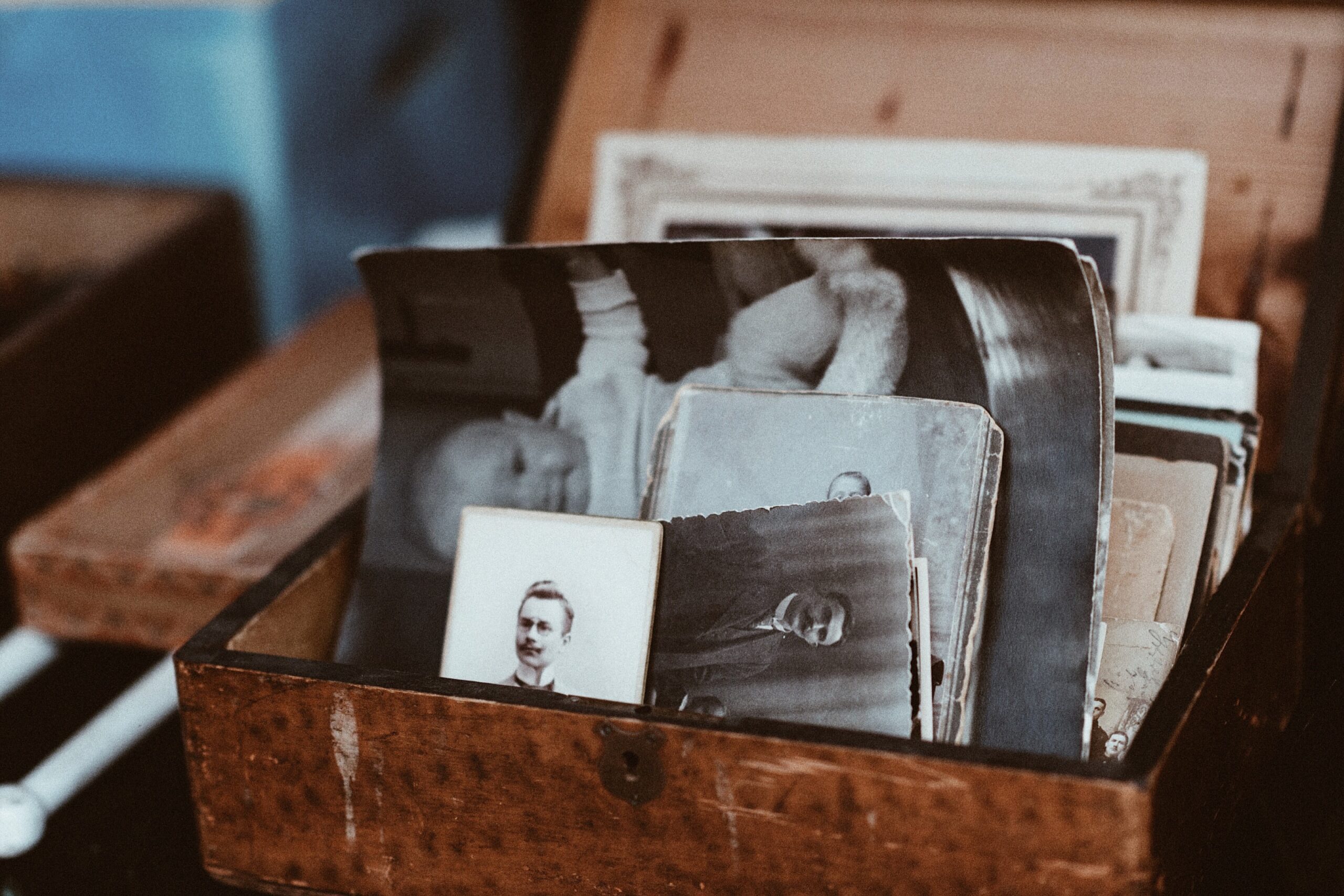This is the fourth in a series of extracts from my book Listen To Your Footsteps, a collection of reflections and essays on fatherhood, identity, loss, creativity, etc.
Memory is a funny old thing. You tell a story so many times, you start to question how much of it actually happened. With each telling of the experience, you smooth out the edges, the things that didn’t quite fit in, to the point where you can tell it at the drop of a hat.
When I started performing poetry, I had to learn the craft of standing on a stage in front of people, would, generally, get increasingly tipsy as the night went on. In the late 1990s and early 2000s, open mics were notorious for running longer than they should have. Poetry is great, but, after the third hour, it all starts to blur. I had to learn mic control, rhythm, tempo and even tone to keep the audience engaged.
By the time you have both memorised and performed a poem over ten times, all of that becomes second nature – where to speed up, where to slow down, when to raise your voice, when to bring it down to a whisper. I can take a poem I haven’t performed in years and fall comfortably into its voice, like putting on a well-word pair of shoes or jeans. Even when I want to mix things up and try something new with the same words, I end up in the same place.
It’s similar with the retelling of memories. It becomes automatic. You learn how to build up to the punchline or moral of the experience.
In 2014, I had the opportunity to travel to Los Angeles with the whiskey brand Jameson, which ran a film competition open to South Africans, Russians and Americans. The winners from each country had the opportunity to shoot a short film over three days with the production company Trigger Street Productions, formed by Kevin Spacey. Every year, there was different A-list actor to feature in all the films shot – that year was Uma Thurman.
Part of the trip was the opportunity to interview Kevin Spacey – before his star started to fade following repeated sexual assault allegations. I was there representing Destiny Man, there was someone from GQ South Africa and a couple of bloggers. We all had ten minutes with Kevin Spacey.
It is one thing to know that actors at that level of the Hollywood machine have been interviewed ad nauseam over the years, but it is another to experience what that means first-hand. Spacey was so polished, he essentially told each of us the same story, word for word. A whole thing about when you get to the top, it’s important to send the elevator down.
While I was mildly indignant at the time, having to write an article that was different, yet from the same information that had been given to others, looking back, I realised that I do the same thing with interviews. Repeat the same stories, word for word. With hindsight, we subconsciously add bits and pieces to ensure the retelling is designed for maximum impact and, as a result, it becomes a performance.
This makes the process of reaching back through my lifetime challenging yet interesting, reflecting on how the different experiences influenced me and taught me lessons: having to scratch deeper beneath the surface over and over again until one gets to the heart of things. But there is always the risk of grabbing onto something that didn’t quite happen.

